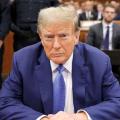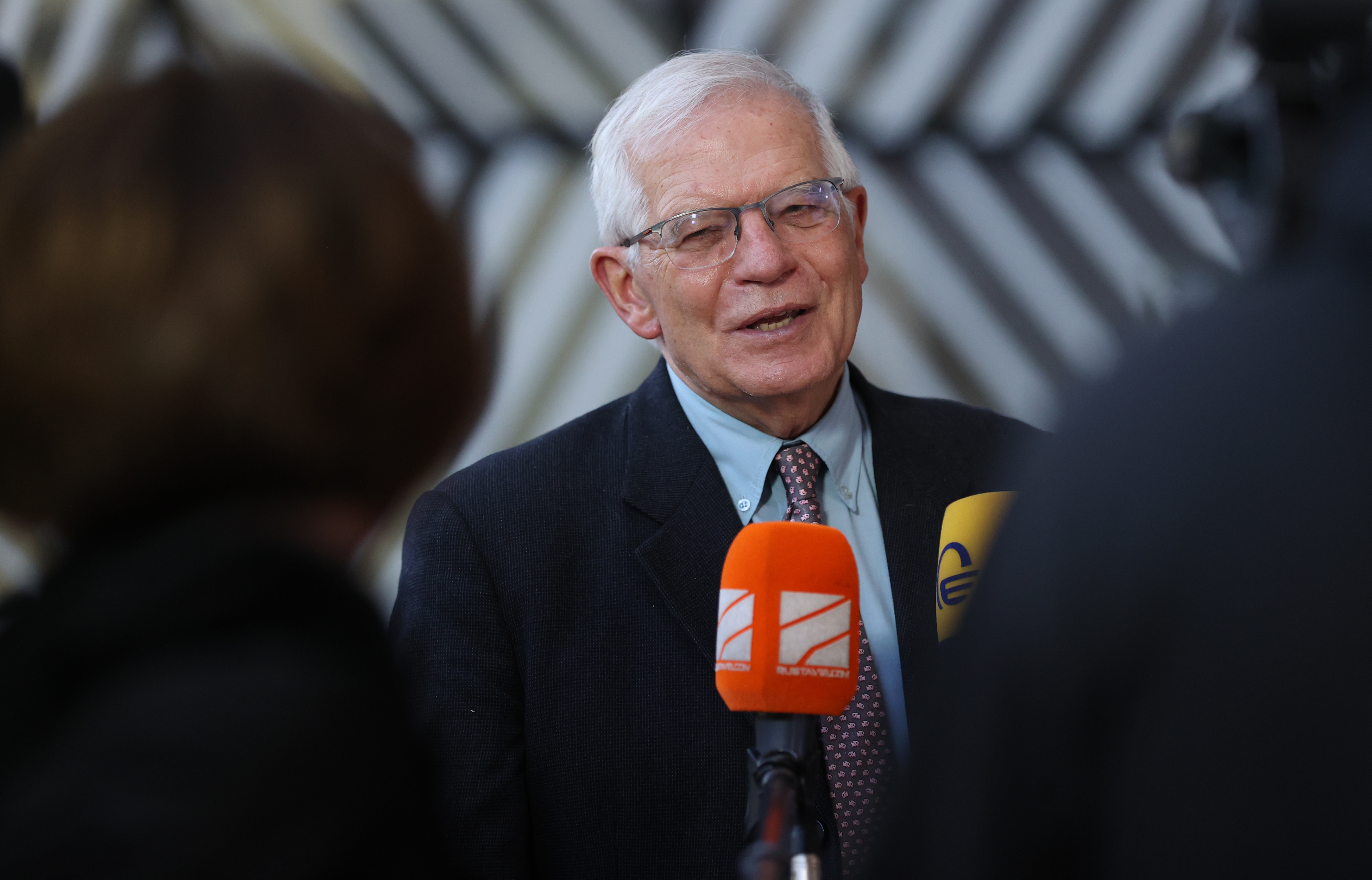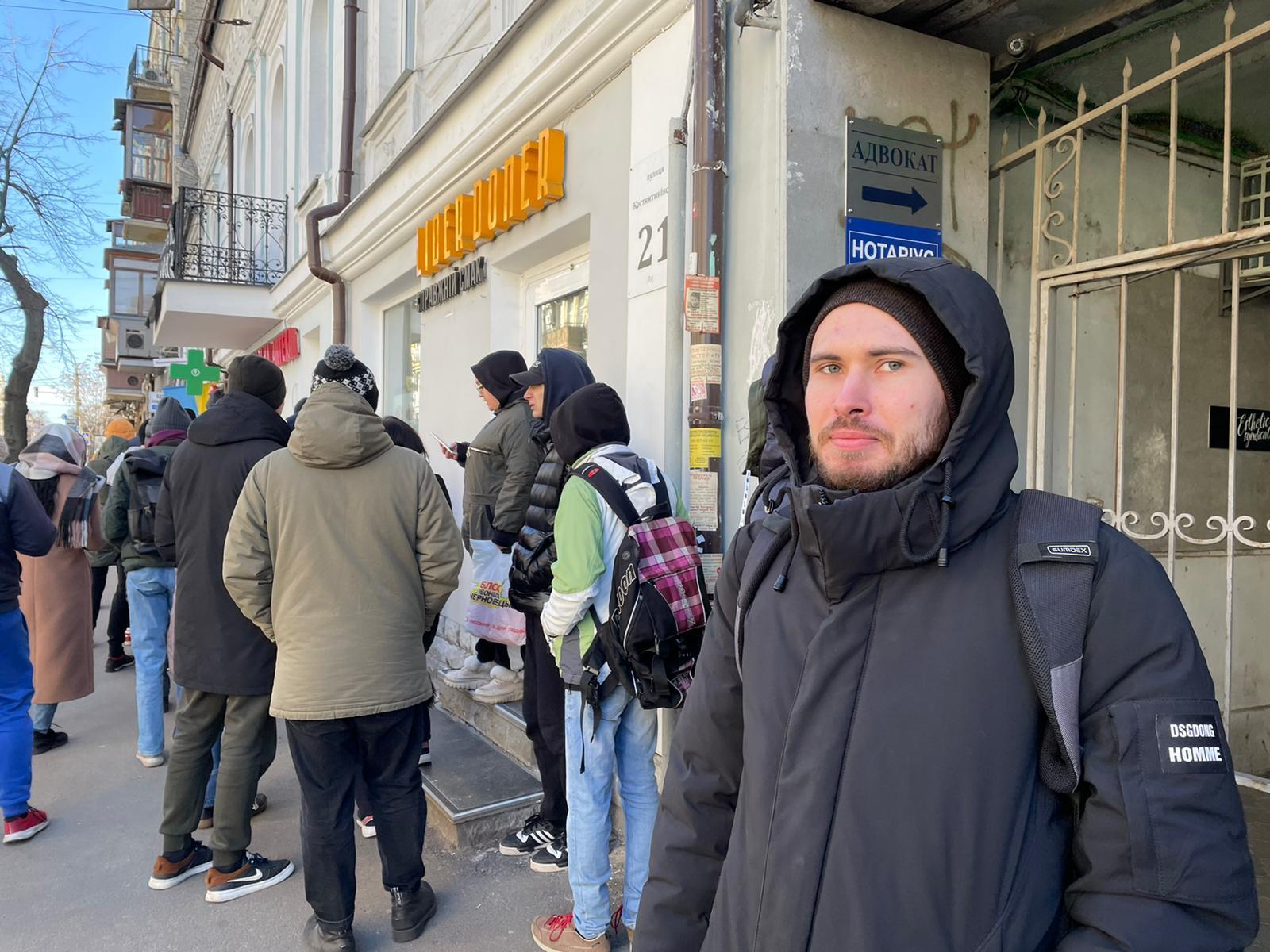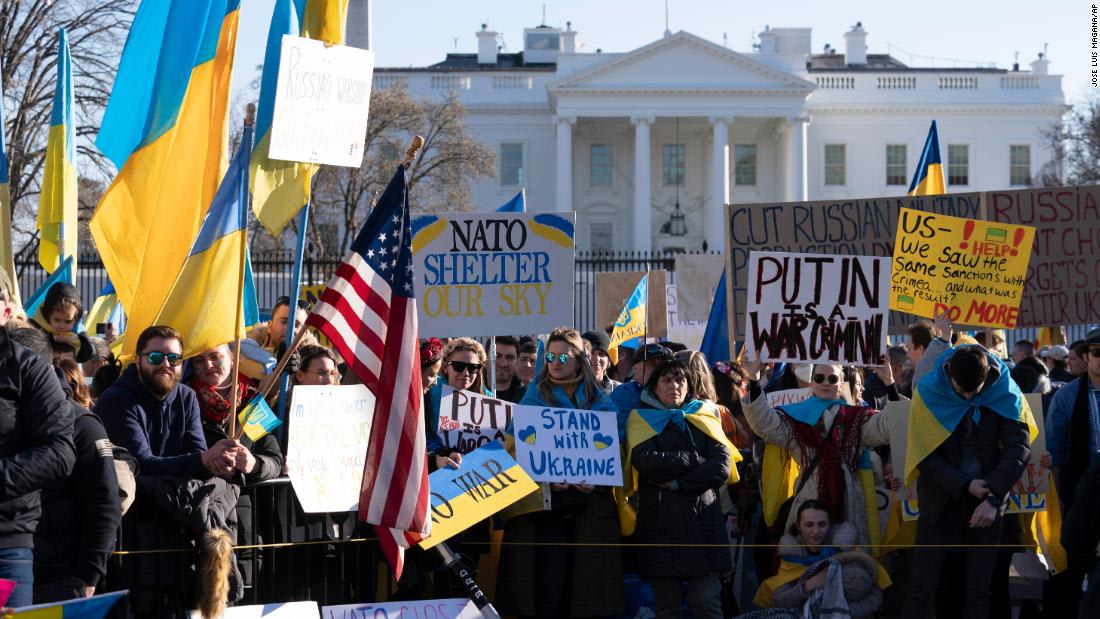Battles have continued throughout Monday near several key Ukrainian cities, even as delegates from Ukraine and Russia sat down for talks.
It's early afternoon in Kyiv. Here's what you need to know if you're just joining us.
- Talks underway: A meeting between Ukrainian and Russian delegations in Belarus began just before 1 p.m. Kyiv time (6 a.m. ET) on Monday. Ukraine's delegation includes several high-ranking officials, but not President Volodymyr Zelensky. Ukraine demanded an “immediate ceasefire and withdrawal of Russian troops” in the lead-up to the meeting.
- Ukraine beats back Russian forces: Russian forces have "slowed their offensive" but are "still trying" to take Ukrainian ground around the country, according to the Ukrainian military. The bulk of Russian ground forces are still more than more than 30 kilometers (about 19 miles) north of Kyiv, the UK's Ministry of Defense said Monday.
- More civilians killed: The latest toll for civilian deaths in Ukraine stands at 102, with 304 people injured, but the true figure is feared to be “considerably higher,” the UN’s Michelle Bachelet said Monday. The death toll includes seven children, Bachelet said. Ukraine's interior ministry released higher figures on Sunday, at 352 civilians killed.
- Belarus could join invasion, intel suggests: A Ukrainian government official told CNN that the country's intelligence indicates Belarusian "readiness to maybe participate directly" in the invasion of Ukraine. A second source close to the Ukrainian government said the Biden administration has conveyed similar warnings.
- Russian economy stunned: Russian President Vladimir Putin will hold a meeting Monday with his top economic advisers amid massive fallout from Western sanctions, the Kremlin said. Moscow's stock exchange will not open Monday, after the country's currency plummeted.
- Ukraine asks to join the EU: Zelensky asked the European Union on Monday to "urgently admit Ukraine" to the bloc. "Our goal is to be with all Europeans, and to be equal to them. I am sure we deserve it. I am sure it is possible," he said in a televised message.
- Nuclear threat: White House press secretary Jen Psaki said Sunday that Russian President Vladimir Putin's decision to put Russia's deterrence forces, which includes nuclear arms, on high alert is part of a wider pattern of unprovoked escalation and "manufactured threats" from the Kremlin.









